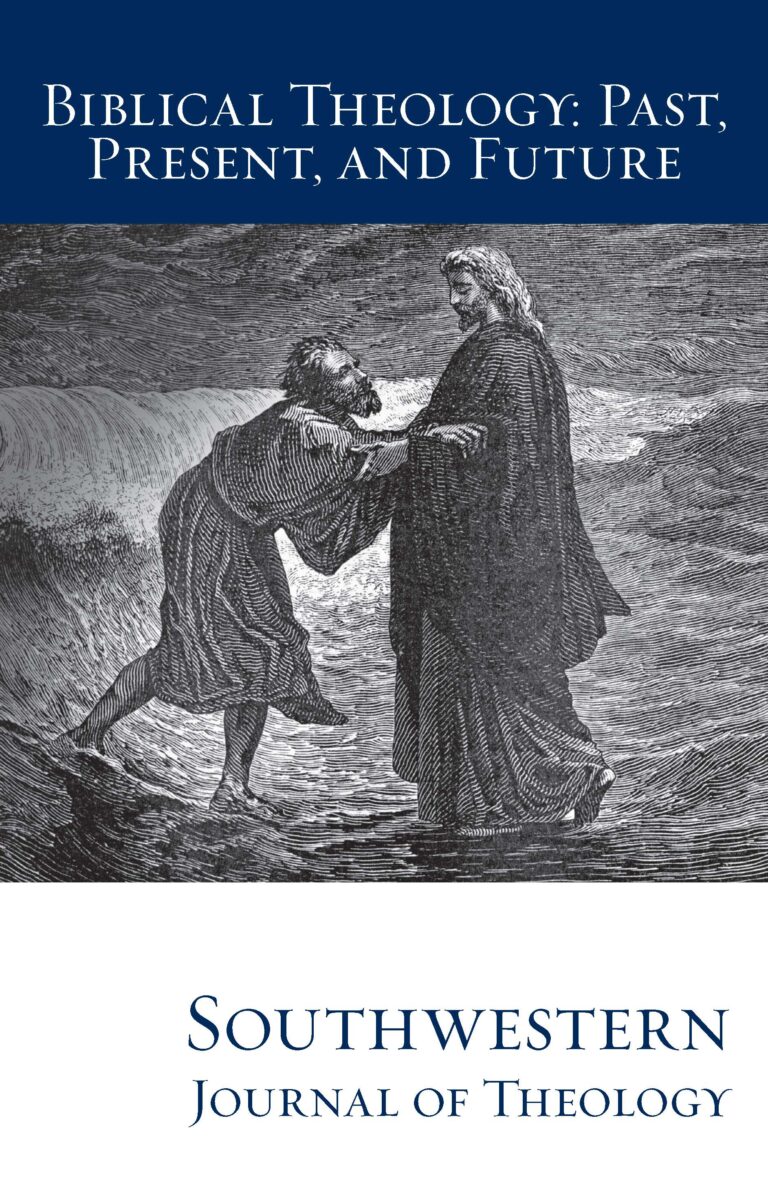
Biblical Theology: Past, Present, and Future (II)
Southwestern Journal of Theology
Volume 56, No. 1 – Fall 2013
Managing Editor: Terry L. Wilder
By Richard Baxter. Edited by Randall J. Pederson. Wheaton: Crossway, 2010. 224 pages. Softcover, $17.99.
Reading the work of Puritan authors can be an humbling experience. In an age when we believe we know more than everyone who has ever lived before us, reaching back to the authors of previous centuries requires a measure of humility and a receptive spirit. The work of Richard Baxter is generally well-known; therefore, those familiar with this author will not be surprised to hear that this volume speaks directly into the context of the twenty-first century church. The Godly Home is an edited and slightly updated version of the second part of Baxter’s A Christian Directory. The second part of that work specifically addresses “Christian Economics,” or family duties. In the introduction, J. I. Packer offers two reasons for reprinting this Puritan discourse on the family: 1) “in the Western world at least, and increasingly elsewhere, the family is in deep trouble;” and 2) “on this topic, no less than on many others, Richard Baxter was superb” (12).
After beginning with more general directions for marriage, Baxter moves from topic to topic addressing such ideas as family worship, the oversight and governance of families, the father’s role in managing a family, education of children, and the duties of various members of the family to each other. The structure is consistent throughout the work as he makes a statement (labeled as a “direction”) and then explains it. Thus, one can grasp the main ideas of a chapter merely by looking at the direction statements in each chapter.
This book is not for the casual reader who wants to feel better about his marriage or parenting. Instead, Baxter’s work serves as a source of conviction, challenge, and introspection to the one who reads it. One section of the book that provides a great deal of challenge and conviction for the reader is Baxter’s discussion of family worship. Family worship has become more popular in recent days as a discipline for Christian families. On many levels, it almost appears as a new concept. However, Baxter demonstrates that family worship has long been an element of the Christian life. He urges his readers to participate in worship as a family unit on a regular basis. In fact, he states, “We are bound to take all fit occasions and opportunities to worship God. Families have daily (morning and evening) occasions and opportunities; therefore, they are bound to take them” (94).
The weakness of this book comes from some of the cultural context of Baxter’s writing that has not bridged the three centuries since its original publication. Much of the language has been modernized in this edition to avoid some of the awkwardness of seventeenth-century English, but not everything can be smoothed over by changing a few words. Even with some of the older language and contextual elements in place, this is still a volume worthy of the time necessary to read it. Overall, this edition of Baxter’s work is in keeping with the quality and insight of his other writings. He successfully bridges the gap of more than 300 years since its original publication in most places and speaks directly to issues that we currently face in the twenty-first century. One should note, however, that this book is not light reading to be skimmed at one’s leisure. Instead, it requires concentration and time to digest the substance of what Baxter believes to be God’s instructions for the family.





